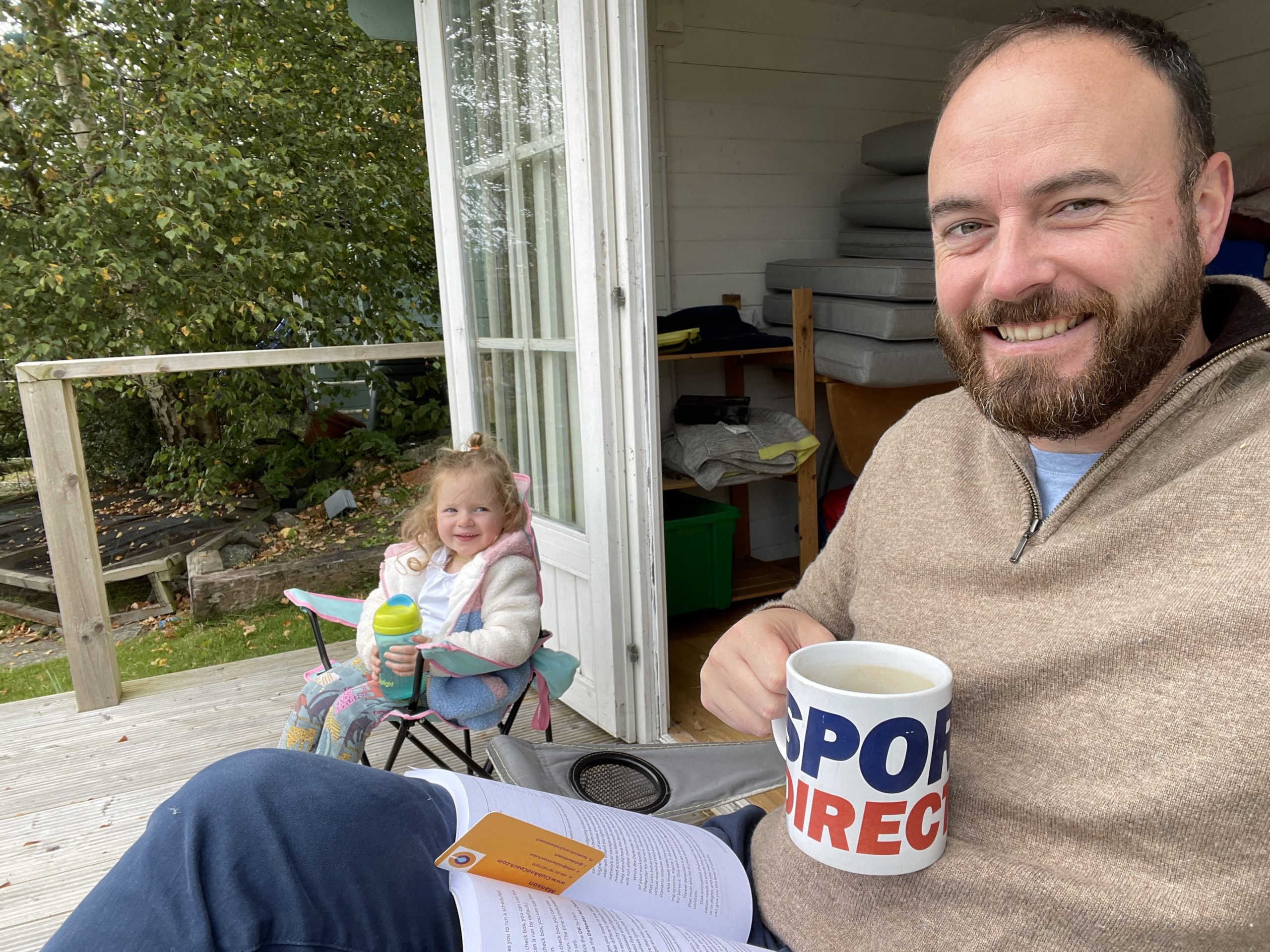If you are a tea enthusiast, it is likely that you have pondered the caffeine content of your cup of tea. Many find themselves drawn to teas for their diverse flavors and health benefits, and the varying amounts of caffeine found in different types of tea can play an important role in your selection. This article aims to explore the popular high caffeine teas, and will shed light on which type of tea has the most caffeine.
Understanding Caffeine Content: How Much Caffeine is in Your Cup of Tea?
Deciphering Labels: How is Caffeine Level Determined?
The caffeine level in your cup of tea will greatly depend on the type of tea leaf used, the steeping time, and the water temperature. Standards used to measure the caffeine content in each tea type can vary, with most brands calculating the amount as milligrams of caffeine per cup. Deciphering the labels can assist in understanding the caffeine level of your chosen brew.
The Tea Plant: High-Caffeine Tea Vs. Lower Caffeine Content
Caffeine content fermented teas can also be influenced by the particular tea plant variety used. Generally, teas made from the Camellia sinensis plant, including black, green, white, and oolong teas, contain more caffeine than herbal teas. Despite this, the specific caffeine level in each type can vary significantly due to factors like the growing conditions and the age of the tea leaf when harvested.
Comparisons Between Tea and Coffee: Caffeine in Tea Vs. Cup of Coffee
Comparing the caffeine content of tea to that of coffee reveals an insightful perspective. While it might shock some, tea leaves actually contain more caffeine than coffee beans. However, a cup of tea generally contains less caffeine than a cup of coffee. This is due to differences in serving sizes and brewing methods.
King of The Heap: Which Black Tea Has the Highest Caffeine Content?
Tea Blends: Does the Type of Black Tea Affect the Caffeine Level?
The type of black tea blend you drink can certainly affect the caffeine content. Some tea blends, especially those that include tips or buds, like Golden Monkey black tea, are higher in caffeine. The caffeine levels can also differ based on the region where the tea is grown, with Assam black tea blends typically displaying a higher caffeine content.
The Effect of Steeping: Does Prolonged Steeping Increase Caffeine in Tea?
Proper steeping plays a crucial role in the final caffeine content of your tea. Prolonged steeping flavorful tea can increase the caffeine extracted, impacting much caffeine infuses into your cup. However, over-steeping your tea may also lead to a bitter taste.
Black Tea Vs. Green Tea: Which Tea Contains More Caffeine?
The caffeine content in black tea is generally higher than that in green tea due to the longer oxidation process it undergoes. However, the overall caffeine content can vary based on factors like steeping time and temperature, making it possible for some green teas to outmatch certain black teas in terms of caffeine content.
All About Green Tea: Is This High Caffeine Tea?
Steeping Green Tea: How Much Caffeine Does It Release?
Steeping green tea, akin to black tea, releases too much caffeine into your cup. Generally, steeping green tea for a shorter period results in less caffeine release than compared to black teas. However, using more leaves or higher temperatures can increase the caffeine yield.
Types of Green Tea: Which Has the Most Caffeine?
The type of green tea can also significantly influence the amount of caffeine. Steamed Japanese green teas, like Sencha, usually have a higher caffeine content. However, Matcha, a powdered green tea, generally contains the highest amount of caffeine among green teas because it employs the entire tea leaf.
Green Tea and Health: Are There Effects of Caffeine?
The moderate caffeine content in green tea can have numerous health benefits without overstimulation. Caffeine aids in alertness and focus, with fewer concerns about the jittery effects often associated drinking tea with higher caffeine content found in coffee.
The Truth About White, Oolong, and Matcha Teas: How High in Caffeine are They?
White Tea: Does This Tea Type Contain Less Caffeine?
White tea is typically lower in caffeine compared to other teas because it’s made from young tea buds and leaves, which contain less caffeine. However, exceptions exist, and certain white teas, like Silver Needle, can have a higher caffeine level.
Oolong Tea: Is it Higher or Lower in Caffeine than Other Teas?
The caffeine content in oolong tea can vary widely depending on how oxidized the leaves are. Less oxidized oolong teas tend to contain less caffeine than fully oxidized ones. Thus, the caffeine content of oolong teas typically sits somewhere between that of green and black teas.
Matcha Tea: Is it The Tea with The Most Caffeine?
Despite common belief, Matcha tea does not necessarily contain the most caffeine of all teas. Even though it does contain more than a standard serving of green tea, its caffeine content can still be less than a similarly sized serving of black tea, especially if made with a light dusting of the powder.
7 Best High Caffeine Loose Leaf Teas: What’s the Highest Caffeine Content?
Unveiling The Sweepstakes: Which Tea has The Most Caffeine?
The question of which tea has the most caffeine is a complex one. Loose leaf black teas generally top the list, followed closely by matcha and certain types of green tea. The specific highest caffeine teas include Assam black tea, Matcha green tea, and Sencha green tea.
Caffeine and Flavor: Do High-Caffeine Teas Taste Better?
While high-caffeine teas can offer a stimulating brew, caffeine content doesn’t directly correlate with taste. The flavor of tea is more directly tied to factors like the type of tea plant, the region it’s grown, and the method of processing and brewing fermented tea. Therefore, it’s feasible to find a high-caffeine tea to suit any palate.
Variety and Selection: Can You Choose High-Caffeine Teas Based on Taste?
Indeed, you can choose high-caffeine teas based on taste. The spectrum of flavors in high-caffeine teas is diverse, ranging from the robust and malty flavors of black teas to the delicate and grassy notes in green teas, offering a range of options for tea drinkers and enthusiasts.
###
Q: What is caffeinated tea?
A: Caffeinated tea refers to any type of tea that is made from the Camellia Sinensis plant, which naturally contains caffeine. The different tea types, such as black, green, or white tea, all come from different processes applied to the green tea leaves of this plant. Therefore, the caffeine content can differ depending on the type of tea and its preparation method.
### ###
Q: Which type of tea has the high caffeine content?
A: Generally, black tea has the highest caffeine content, containing on average between 30 to 80 mg of caffeine per serving. Green and white teas, on the other hand, usually contain less caffeine than black tea.
### ###
Q: What are the best high caffeine teas?
A: Several teas are known for their high caffeine content. These include Matcha, a type of powdered green tea that can contain up to 70 mg of caffeine per cup, Yerba Mate, an herbal tea that can contain up to 85 mg per serving, and Darjeeling Black Tea which contains caffeine free around 50-90 mg per cup. These teas are known to provide a significant boost in energy levels.
### ###
Q: What factors increase the caffeine content in tea?
A: The caffeine content in a cup of tea can be influenced by several factors including the type of tea leaves, the time for which the tea is brewed, and the temperature of the water used. Some specific types of teas like gyokuro and kabusecha are shaded for a few weeks before being harvested, this process tends to increase the caffeine content of tea plants.
### ###
Q: How does consuming high caffeine teas affect my daily caffeine intake?
A: Consuming high caffeine teas could help increase your daily caffeine intake. It’s important to monitor your caffeine consumption to ensure it stays within the recommended daily intake. A high intake of caffeine could potentially lead to side effects like jitteriness, trouble sleeping, and rapid heartbeat.
### ###
Q: What teas contain the highest caffeine?
A: The teas with the highest caffeine content are typically black teas and powdered green teas like Matcha. Certain types of herbal teas, such as Yerba Mate, are also known to have high caffeine levels.
### ###
Q: What are the 7 best high caffeine teas?
A: The 7 best high caffeine teas include Matcha, Yerba Mate, Darjeeling Black tea, Assam Black tea, Gyokuro Green tea, Kabusecha Green tea, and Houjicha Roasted Green tea. These teas are not only high in caffeine, but also offer unique flavor profiles and other health benefits.
### ###
Q: Does green tea contain less caffeine than black tea?
A: Generally, green tea does contain less caffeine than black tea. However, the actual caffeine content drink black tea can vary significantly based on factors like the specific type of green tea and the way it is brewed. For instance, Matcha, a type of green tea, can contain more caffeine than many types of black tea due to its unique preparation method.
### ###
Q: Are there any teas that do not contain caffeine?
A: Yes, there are some teas that do not contain caffeine. These are typically herbal teas, not related to the tea plant, such as some rooibos teas or peppermint tea. It’s worth noting that decaffeinated teas, including green and black varieties, can contain a small amount of residual caffeine.
### ###
Q: Is it possible to increase the caffeine content in my morning cup of tea?
A: Yes, to a certain degree you can increase the caffeine content of your morning cup of tea by brewing it longer or using more tea leaves. Additionally, choosing teas known for their high caffeine content, like Matcha or certain black teas, could also give your typical cup of tea a higher caffeine boost. However, keep in mind that excessive caffeine consumption can lead to side effects.
###

